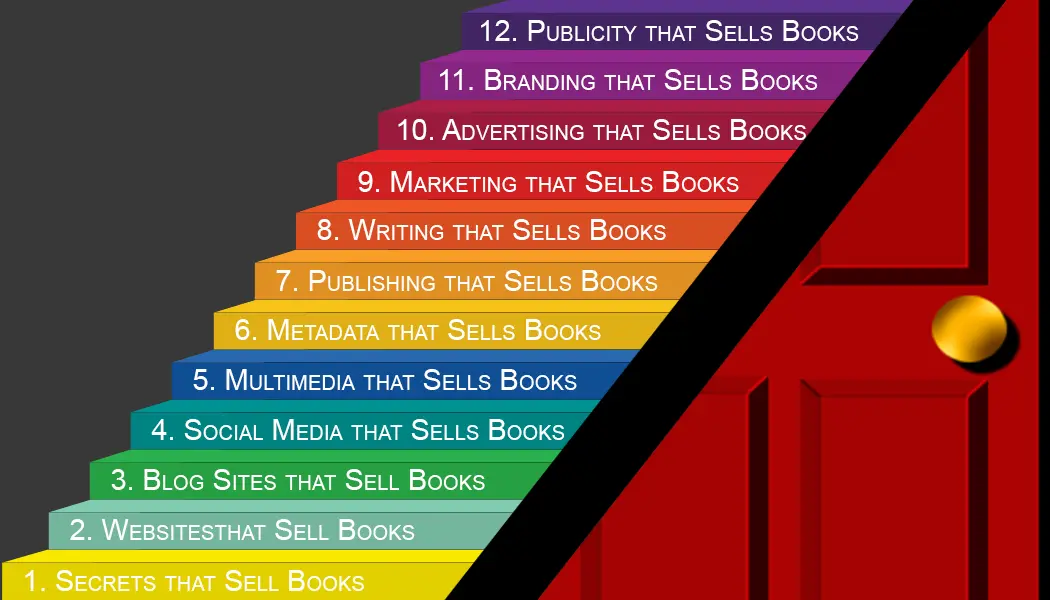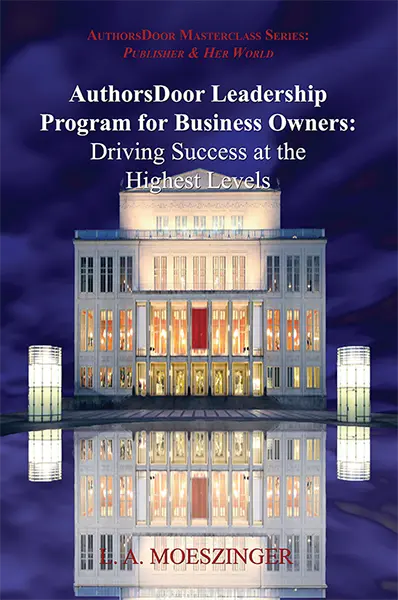In today’s diverse marketplace, businesses that sell books face unique challenges and opportunities. The competition is no longer limited to local bookstores and libraries; it now includes digital platforms and e-commerce giants. To thrive, book businesses must develop a robust marketing strategy that integrates both offline and online elements. Here’s a comprehensive roadmap to help you craft an effective marketing strategy for your book-selling business.
Understanding Your Market
Before diving into specific strategies, it’s essential to understand your target audience. Are they young adults interested in fantasy novels? Professionals seeking business books? Or maybe families looking for educational materials for children? Knowing your audience will shape every aspect of your marketing strategy, from the channels you use to the messages you convey.
Offline Marketing Strategies
Offline marketing remains a powerful tool, especially in creating tangible connections and building local visibility.
- Events and Book SigningsOrganize or participate in events like book signings, readings, and discussions. These events provide direct engagement with readers and opportunities for publicity. They can be held at your store, local libraries, schools, or in partnership with other local businesses.
- Local Media EngagementReach out to local newspapers, radio stations, and TV channels to feature your book collections, events, or reading clubs. Media coverage can significantly increase your visibility in the local community.
- Collaborations and PartnershipsPartner with schools, universities, cafes, and other local businesses. These partnerships can help you tap into new customer bases. For instance, placing your book stands in cafes or conducting joint promotional events can draw in more customers.
- Direct MailDespite the digital age, direct mail campaigns can be particularly effective, especially for announcing new releases or special promotions. Personalized letters or postcards can make a significant impact.
Online Marketing Strategies
With the rise of digital media, online marketing is crucial for reaching a broader audience and scaling your business.
- Enhanced E-commerce PresenceIf you haven’t already, develop a user-friendly e-commerce website where customers can explore and purchase your books online. Optimize your site for SEO to improve visibility and consider implementing features like virtual book tours or previews.
- Social Media MarketingUtilize platforms like Instagram, Facebook, and Twitter to engage with readers. Share behind-the-scenes content, book recommendations, author interviews, and user-generated content. Social media ads can also drive traffic to both your physical and online stores.
- Content MarketingStart a blog related to your book genres. Post articles that add value to your readers—book reviews, author interviews, industry news, or reading tips. This content can improve your SEO, helping new customers find you through search engines.
- Email MarketingBuild an email list and engage with your audience through newsletters. Provide updates about new stock, upcoming events, exclusive discounts, or insightful content. Segmentation can make your emails more personalized and effective.
Integrating Online and Offline Efforts
To maximize the effectiveness of your marketing strategies, integrate your online and offline efforts:
- Promote offline events on your online platforms.
- Use your social media pages to drive participation in local events or instore promotions.
- Collect email addresses at offline events to expand your digital marketing reach.
- Showcase social media reviews and user content in your physical store to build trust and community.
Measuring Success
Establish clear metrics to measure the success of your marketing efforts. Track sales growth, website traffic, social media engagement, event attendance, and any increases in community partnerships. Use this data to refine and optimize your future marketing strategies.
Conclusion: Book Businesses
Creating a cohesive book business marketing strategy that includes both offline and online elements is crucial for any business that sells books today. By leveraging the strengths of both approaches, you can build a more resilient and dynamic business that appeals to book lovers everywhere. Remember, the key to successful marketing is consistent engagement and adaptation to the evolving preferences and behaviors of your audience.
_________________________________________
Related Entries:
Building a PR Plan: A Strategic Communication Guide
Related Topics:
Visit our website at www.AuthorsDoor.com and our blog site at www.AuthorsRedDoor.com as you continue your author-publisher journey.


